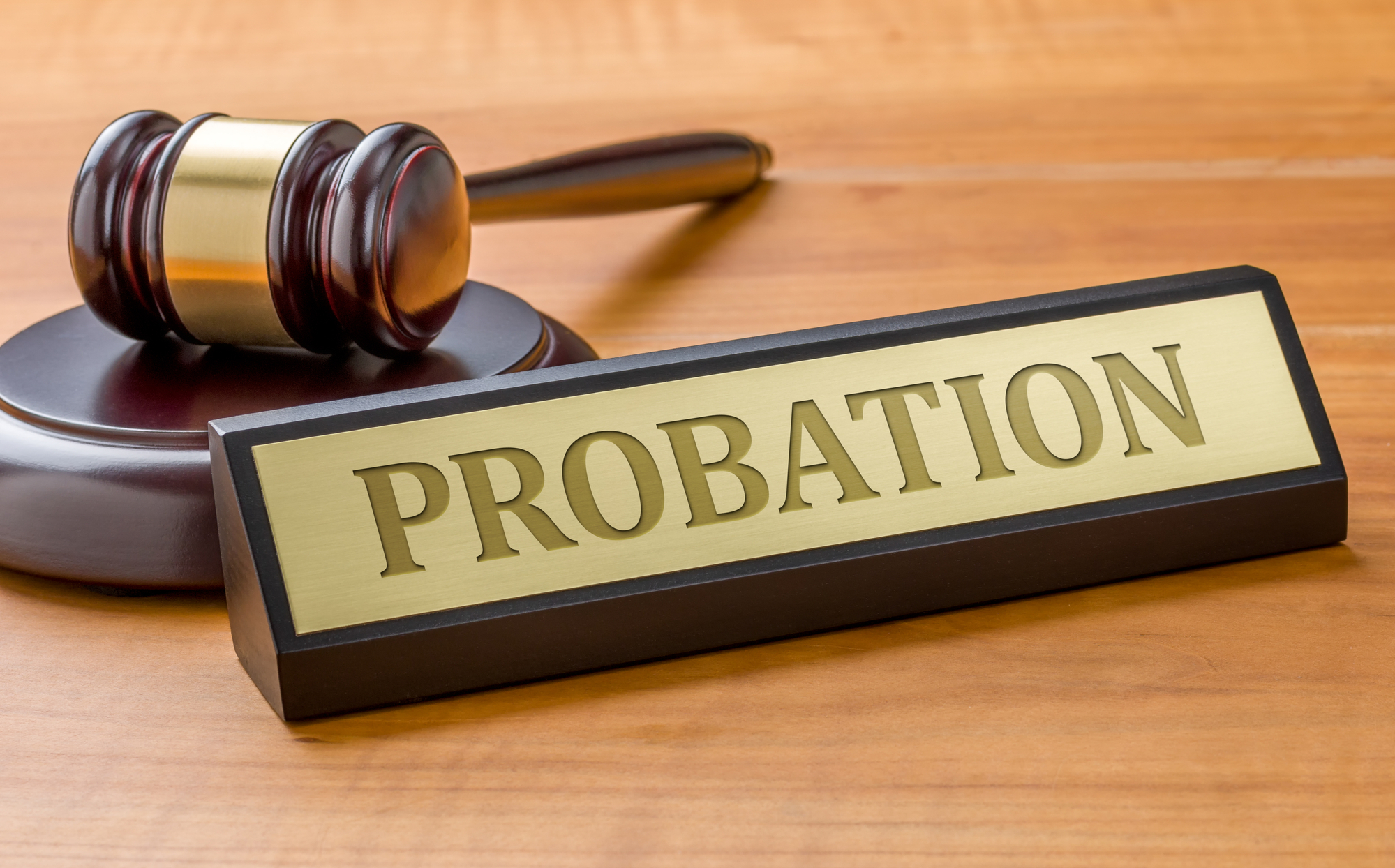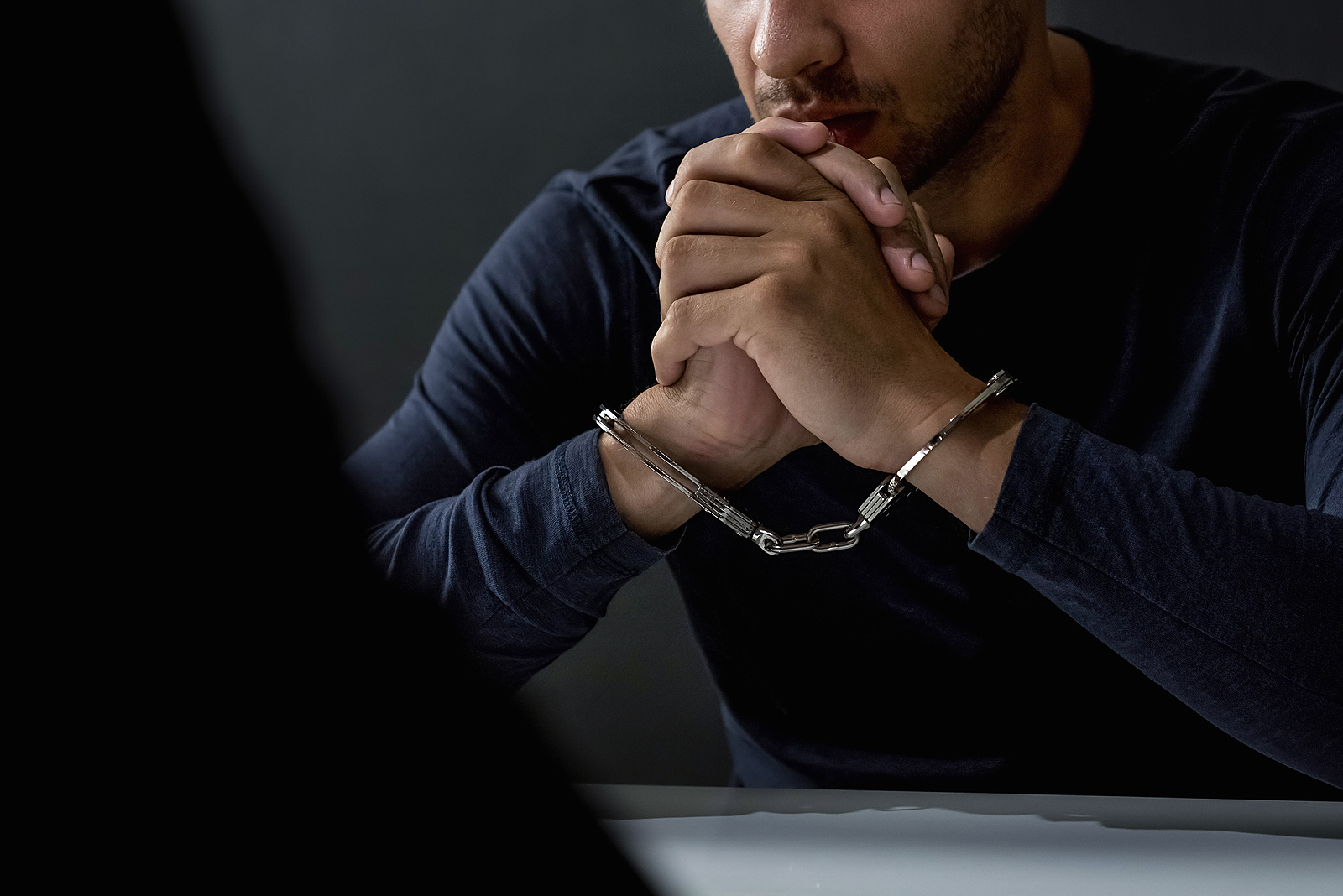In Texas, individuals charged with a criminal offense may be able to avoid a conviction or serve some of their sentence away from jail by agreeing to follow specific rules during their probation.
However, if the defendant on probation breaks any rule, such as traveling outside the state without authorization or getting charged with another criminal offense, their probation may be revoked, and a revocation hearing may be necessary to determine their future. The judge may decide to send the defendant to county jail or prison to serve out their original sentence.
Learn how probation revocation hearings work and how an attorney may be able to help you de-escalate your situation and secure a better outcome for your case.
Understanding Probation and Probation Revocation
Probation is an alternative sentencing option that allows defendants to serve their sentence within the community rather than behind bars. When placed on probation, defendants must adhere to specific rules and conditions set by the court. These conditions often include regular check-ins with a probation officer, completing community service, attending counseling sessions, or participating in other forms of rehabilitation.
Failing to comply with these terms can lead to probation revocation, a serious consequence where the defendant may be sent back to jail or prison to serve out their original sentence. In some instances, the defendant might also face new criminal charges or additional penalties. Understanding the terms of your probation and the potential repercussions of probation revocation is crucial to avoid violating probation and facing severe consequences.
What Is a Motion to Revoke Probation?
Suppose you are put on probation for a misdemeanor, and one of the terms of your probation requires you to show up to substance abuse recovery meetings and to check in with your probation office on specific dates.
However, you ended up skipping several of your meetings and did not show up to talk to your probation officer. You may be in violation of your probation terms. If the probation officer believes you have violated your probation terms, law enforcement can go back to the court and file a motion to revoke probation.
This is essentially a document that alerts the court that you have violated the terms of your probation. Once the motion is accepted, the judge may provide law enforcement with a warrant for your arrest. This enables law enforcement to take you into custody until a probation revocation hearing is scheduled.
Violations that Can Lead to Probation Revocation
Probation violations fall into two main categories: substantive and technical. Substantive violations are serious breaches that can amount to a new criminal case. Examples include committing a new crime, failing to report to your probation officer, not paying fines or restitution, or ignoring court-ordered treatment. These violations can quickly lead to probation revocation and additional legal troubles.
On the other hand, technical violations are minor infractions that might not immediately result in probation revocation. These can include missing a court appearance, being late to a meeting with your probation officer, or failing to pay a fine or fee on time.
However, repeated technical violations can accumulate and eventually lead to probation revocation. It’s essential to understand that both types of violations can jeopardize your probationary period and result in severe consequences.
What Is a Probation Revocation Hearing?
Many individuals are concerned about what to expect at a probation violation hearing. This hearing, also called a revocation hearing, is a meeting held by the judge. There is no jury, and the parties present are the defendant, the defendant’s attorney, the judge, and the prosecuting attorney.
The initial violation hearing is the first court appearance where the defendant is informed about the alleged violations and asked to admit or deny them. During this court hearing on probation revocation, the judge explains the violated probation the defendant is being accused of committing. The judge then asks the defendant if the alleged violations are true or not true.
What Happens at a Probation Hearing?
The general process for a probation revocation hearing is as follows:
- If the defendant agrees that they committed the violations as described, they can respond by pleading True
- If the defendant wishes to fight the Motion to Revoke Probations and disagrees with the alleged violations, the defendant can respond by pleading Not True
- If the defendant pleads Not True, the case will move on to a contested hearing, at which the prosecution will need to present evidence showing that the defendant did commit the probation violations as described
- The judge will listen to the prosecution’s evidence and determine whether the violations are True or Not True
- If the judge determines they are Not True, the motion to revoke is dismissed, and probation may continue
- If the judge agrees with the prosecution and determines the accusations are True, the judge then decides what should happen to the defendant
Preparing for a Probation Revocation Hearing
Facing a probation revocation hearing can be daunting, but preparing a strong defense is crucial. Start by gathering evidence that supports your case, such as witness statements, documents, and any other relevant materials. Review the terms of your probation carefully and understand the specific conditions you are accused of violating.
Consulting a criminal defense lawyer is highly recommended. A skilled attorney can help you prepare for the hearing, present your case effectively, and understand the potential consequences of probation revocation. They can also develop a strategy to minimize the impact of the revocation, whether by questioning the validity of the evidence against you or arguing that the alleged violation was minor. Proper preparation and legal guidance can significantly influence the outcome of your probation violation proceedings.
What Happens After a Probation Revocation Hearing?
If, after a contested hearing, the judge agrees with the state and decides that the defendant has violated their probation as described in the motion to revoke, the judge has several options. The judge may rely on the probation officer’s report when deciding the outcome of the hearing. Depending on the severity of the crime and the nature of the violation, the judge may decide to revoke the probation, modify it, extend it, or simply continue it.
Revocation
The most unfavorable outcome is a revocation. If a defendant’s probation is revoked during probation violation hearings, the judge approves a probation revocation warrant, and the defendant is sent back to jail or prison for the remainder of their sentence.
Modification
If the probation is modified, the judge may allow the defendant to continue on probation but may change the terms of the probation or add more stringent rules.
Extension
If the probation is extended, the defendant may have more time added to their original probation sentence.
Continuation
Finally, if the probation is continued, nothing is changed, which would be the most favorable outcome.
If I Am Sent Back to Jail, Will the Time I Served on Probation Count?
If your probation is revoked, the time you have already served on probation may not always count toward your sentence. In probation revocation hearings, the burden of proof is not ‘beyond a reasonable doubt’ but rather ‘preponderance of the evidence,’ indicating a lower threshold for proving violations. For example, if you have been sentenced to 2 years in jail and served one year on probation before your first violation, the judge may order you to return to jail for the full two years of your sentence rather than just one year.
In some cases where the probation violation was due to a new crime being committed, you may be dealing with the imprisonment penalty for your original offense as well as additional time for any new offenses. It may also be more challenging to be allowed to go on probation again after being charged with a violation.
How Can a Probation Revocation Attorney Help?
If you are facing probation violation charges or have been sent back to jail and are waiting for a revocation hearing, it is critical that you reach out to a probation violation attorney as soon as possible. Having your probation canceled may be a disastrous situation, no matter which kind of probation you have been given.
If you have a deferred adjudication probation, you might end up being convicted, sent to jail, and end up with a criminal record. If you have straight probation, you might end up going to jail for the rest of your sentence.
The good news is that the burden of proof to show that you committed a probation violation falls on the prosecution. An attorney can help question the validity of the evidence produced against you and argue that you did not commit the violation as described.
Your attorney may also be able to convince the judge that the violation you committed was minor and not enough to revoke your probation. The Seymour & Vaughn represents clients dealing with probation matters in New Braunfels, Texas, and surrounding areas. If you have been accused of violating your probation or need help with other criminal defense matters, contact our office at 830-282-8751 to learn your options.








